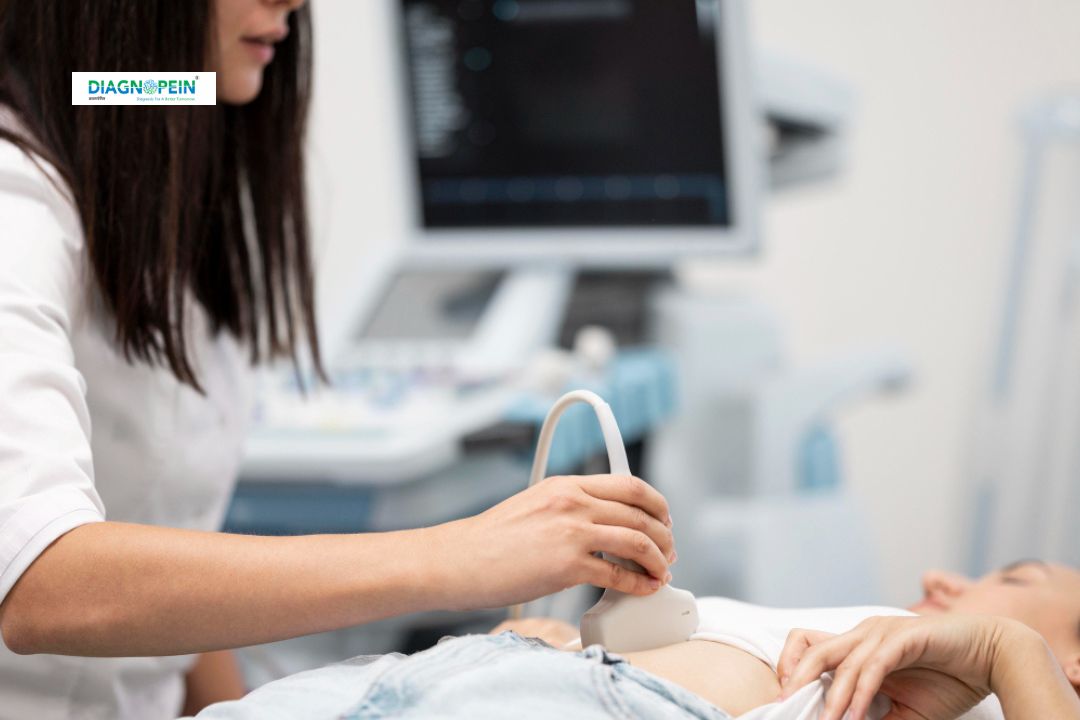Why USG of Gluteal Region is Recommended
The USG of Gluteal Region is recommended by healthcare professionals to evaluate symptoms such as localized pain, swelling, palpable lumps, or suspicion of infection. It can detect small lesions, soft tissue tears, muscular inflammation, or bursitis with high accuracy. The procedure is also effective in monitoring treatment progress or post-surgical changes, ensuring early detection and timely management.
Conditions Diagnosed by Gluteal Ultrasound
-
Gluteal abscess or cellulitis
-
Soft tissue hematoma or seroma
-
Muscle tears and fibrosis
-
Bursitis or inflammation
-
Post-injection injury
-
Lipoma or soft tissue mass
-
Post-operative fluid collections
This ultrasound is highly informative for clinicians specializing in orthopedics, sports medicine, or general surgery and provides clues about the extent of soft tissue damage or pathology without invasive methods.
Benefits of USG of Gluteal Region
Choosing the USG of Gluteal Region offers multiple benefits for both patients and clinicians.
Key Benefits
-
Completely safe and radiation-free
-
Immediate and dynamic imaging
-
Detects early changes in soft tissues and muscles
-
Helps in accurate localization before procedures
-
Painless and non-invasive
-
Low-cost compared to CT or MRI scans
-
Real-time examination for immediate reporting
Its ability to guide needle aspirations or drainage procedures makes Gluteal Region Ultrasound a versatile diagnostic tool, especially for abscess or cyst management.
How the USG of Gluteal Region Test is Done
The USG of Gluteal Region is typically performed in a comfortable lying or side-lying position. A clear gel is applied to the skin over the buttock area, and a high-frequency transducer is moved smoothly to generate real-time images of the gluteal tissues. The radiologist reviews these images to detect any abnormalities or fluid collections.
The entire examination usually takes 15–20 minutes, and patients can resume normal activities immediately afterward. No fasting or special preparation is required.
Parameters Evaluated During the Scan
-
Muscle architecture and integrity
-
Presence of any cyst, abscess, or fluid
-
Subcutaneous fat and fascial plane condition
-
Vascularity via Doppler ultrasound
-
Post-treatment follow-up evaluation
The USG of Gluteal Region provides dynamic assessment with excellent resolution, offering clinicians comprehensive insight into both structure and function.
Why Choose Karad Radiology Center for USG of Gluteal Region
At our Karad-based diagnostic center, we provide advanced USG of Gluteal Region services using state-of-the-art ultrasound machines. Our expert radiologists ensure precise imaging, fast reporting, and personalized care. We maintain high hygiene standards and patient comfort throughout the procedure.








